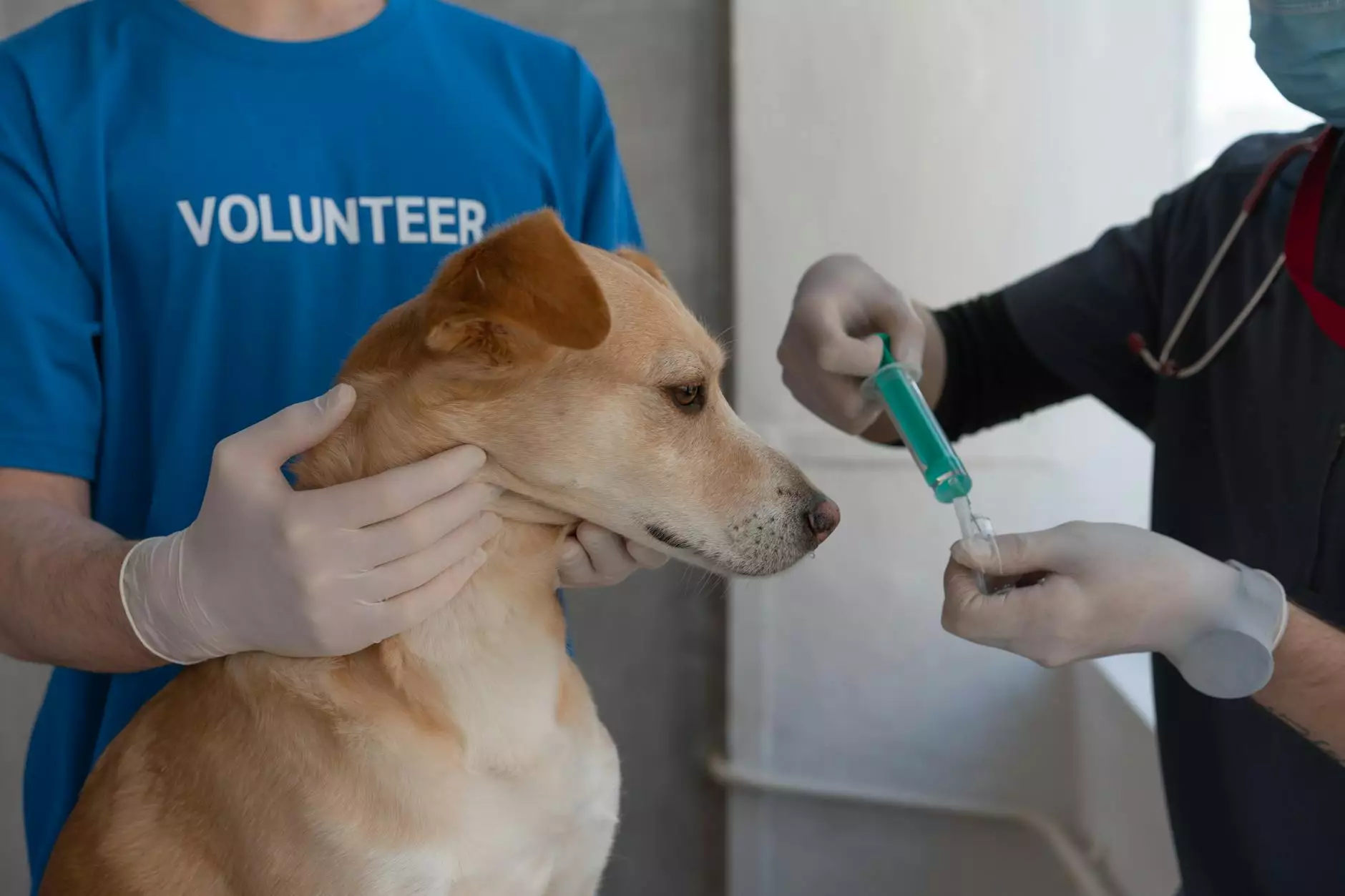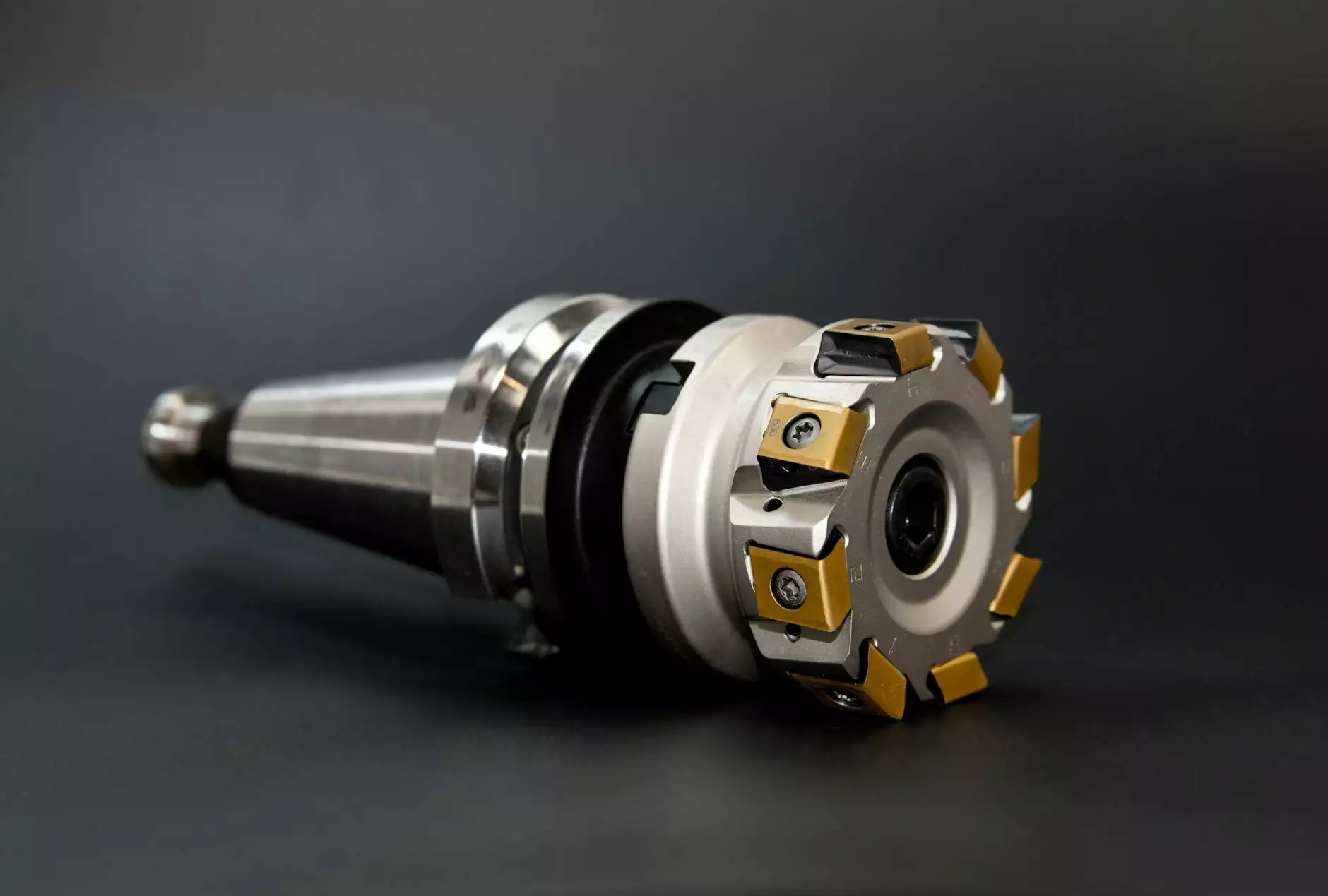Camel Medicine: Innovations in Veterinary Care

In the realm of veterinary care, one significant yet often overlooked area is camel medicine. As these magnificent creatures are becoming increasingly integrated into modern agricultural and recreational practices, understanding their specific medical needs is crucial. This article delves into the various aspects of camel medicine, including veterinary practices, pharmaceutical advancements, and the necessary supplies available at pet stores specializing in exotic animals.
The Importance of Camel Medicine
Camels, often referred to as the "ships of the desert," play an essential role in the livelihoods of many people, particularly in arid regions. They are not only valuable for their milk, meat, and transportation but also serve as cultural icons. With such a multifaceted role, the demand for camel medicine has surged, making it vital for veterinarians to specialize in the care of these unique animals.
Understanding Camel Anatomy and Physiology
To comprehend the significance of camel medicine, we must first understand camel anatomy and physiology. Camels possess distinctive features that enable them to thrive in extreme desert conditions:
- Hump Structure: The camel's hump stores fat, which can be metabolized into energy and water when food is scarce.
- Unique Digestive System: Their multi-chambered stomach allows them to efficiently digest fibrous vegetation.
- Water Conservation: Camels can survive long periods without water, but when they do drink, they can consume up to 40 gallons in one go.
Common Health Issues in Camels
Just like any other species, camels are prone to a variety of health issues. Knowledge of these conditions is essential for effective prevention and treatment. Some of the most common health problems include:
- Parasites: Both internal and external parasites pose significant health risks to camels, requiring routine deworming and external parasite control.
- Respiratory Infections: Due to their exposure to dust and varying weather conditions, respiratory issues can quickly escalate if not properly managed.
- Joint Problems: Camels can suffer from arthritis and lameness, particularly if they are heavily worked or improperly cared for.
Veterinary Practices in Camel Medicine
The field of camel medicine has undergone substantial advancements over recent years. Veterinary practices now incorporate a holistic approach, recognizing the need for specialized care tailored to the needs of camels.
Preventative Care
One of the cornerstones of camel medicine is preventative care. Routine check-ups, vaccinations, and health screenings are crucial for maintaining optimal health in camel populations. Vaccines are available for common diseases such as:
- Brucellosis
- Foot-and-mouth disease
- Viral infections
Diagnostic Techniques
Advancements in diagnostic techniques have greatly enhanced the ability of veterinarians to treat camels. Tools such as ultrasound, radiography, and blood analysis are now commonplace in clinics specializing in camel medicine. These technologies allow for:
- Early Detection: Identifying health issues before they become critical.
- Targeted Treatments: Tailoring treatments based on accurate diagnosis.
- Monitoring Recovery: Ensuring that healing processes are on track.
Pharmaceutical Innovations for Camels
As demand for camel medicine has increased, so too has the development of pharmaceuticals specifically designed for camels. Today, a range of medications is available, covering everything from pain relief to parasite control.
Medications for Common Health Problems
Here are some key pharmaceutical innovations that have made significant impacts on camel health:
- Anti-inflammatory Drugs: Used to treat conditions such as arthritis and injuries.
- Antibiotics: Essential for treating bacterial infections, especially respiratory illnesses.
- Vaccines: Innovatively developed to target diseases endemic to camel populations.
Collaborations with Pharmaceutical Companies
Partnerships between veterinarians and pharmaceutical companies have fostered the development of camel-specific products, addressing the unique physiological and anatomical traits of these animals. This collaboration has led to improved formulations that enhance the effectiveness and safety of medications used in camels.
The Role of Pet Stores in Supporting Camel Medicine
An often overlooked aspect of camel medicine is the role of specialized pet stores in providing necessary supplies and medications. Stores that focus on exotic animals can be invaluable resources for camel owners.
Essential Supplies for Camel Care
Pet stores that cater to camels provide key supplies that ensure their health and well-being:
- Nutrition: Specially formulated feeds that meet the dietary needs of camels, including high-fiber options.
- Healthcare Products: A range of supplements, vitamins, and minerals critical for maintaining health.
- Grooming Tools: Products that help maintain hygiene, including brushes and hoof care items.
Education and Awareness
Additionally, pet stores often host workshops and educational events aimed at raising awareness about camel care and camel medicine. These educational initiatives can empower camel owners with knowledge about the best practices for keeping their animals healthy and happy.
The Future of Camel Medicine
As we look to the future, the field of camel medicine is poised for further growth and innovation. The ongoing research and development in veterinary sciences will likely yield new insights into camel health and requirements. The following trends are expected to shape the future:
- Integration of Technology: Telemedicine and digital record-keeping will become commonplace, allowing for better monitoring of camel health.
- Research and Development: Increased investment in research to develop novel treatments and preventive measures.
- Global Collaboration: Sharing knowledge and best practices on a global scale to improve camel health worldwide.
Conclusion
The evolution of camel medicine is a testament to the importance of understanding the unique needs of these remarkable animals. Through veterinary advancements, pharmaceutical innovations, and support from specialized pet stores, we can ensure that camels receive the best possible care. As we continue to expand our knowledge and capabilities, the future looks bright for the field of camel medicine, benefiting both camels and their curious caretakers alike.
For those looking to dive deeper into camel medicine and related veterinary services, visit agelmedcenter.com for comprehensive resources and expert care.









